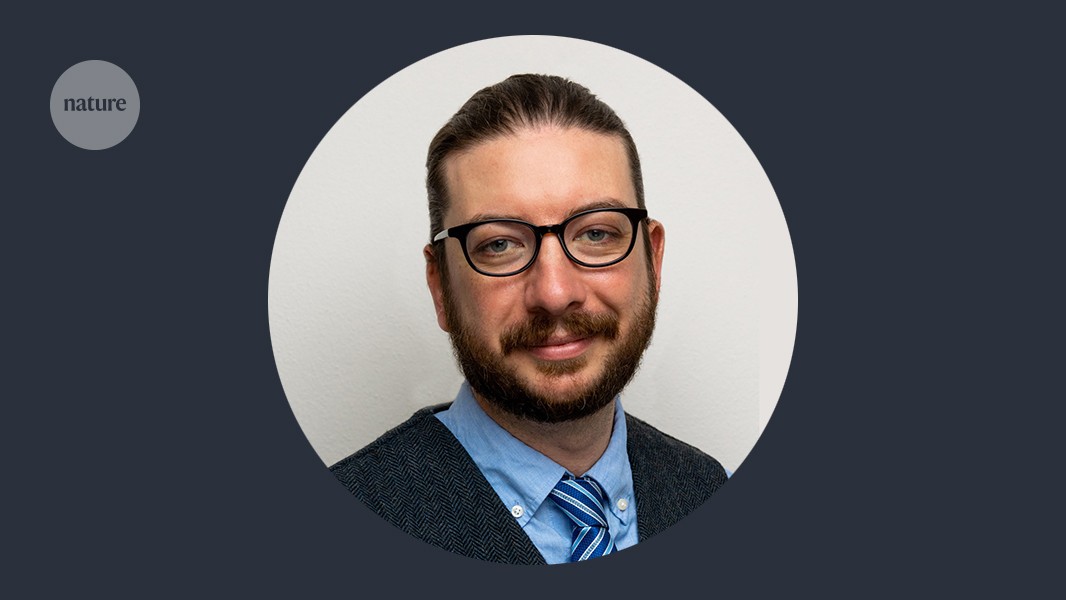I knew funding cuts would come to the ‘deaf-scientist pipeline’ — a constellation of five programmes that support deaf students from secondary school to postdoctoral research, all based in Rochester, New York. In April, however, I was still devastated by the flurry of formal terminations of the US National Institutes of Health (NIH) grants that support four of the programmes, amounting to 80% of the system’s collective funding.
As a Deaf scientist and the first postdoctoral product of the pipeline, these funding cuts cannot help but feel personal.
‘Deaf people cannot read or graduate from secondary school’, ‘deaf people are not prepared to function in a hearing world’ and ‘deaf people cannot lead research about deaf people’ are just a few of the negative messages we are often told by society. The deaf-scientist pipeline was different in its positive uplifting of deaf people to become researchers. These huge reductions, by contrast, are yet again a clear societal message of a belief that deaf people are not welcome, in science or anywhere.
The pipeline has grown for more than a decade and consists of partnerships between the University of Rochester Medical Center, the National Technical Institute for the Deaf and the Rochester School for the Deaf. Deaf students rarely get to easily access, much less thrive in, science, technology, engineering and mathematics (STEM) education environments. The pipeline’s programmes provide them with mentorship, specialized training and support for navigating and overcoming systemic barriers.
Judge rules against NIH grant cuts — and calls them discriminatory
Pipeline graduates have become teachers and researchers. They make meaningful innovations in their fields. They also give back to the pipeline: a postdoctoral fellow giving STEM lectures to deaf secondary-school students; a faculty member mentoring deaf graduate students; and principal investigators leading programmes in the pipeline. Some of these examples are me. And my own research grant focusing on language tracking and outcomes for deaf children has now been terminated.
Unfortunately, funding for these training programmes is unlikely to be restored soon. This is a generational setback for the deaf academic community, not just here in the United States, but globally. Deaf people, however, will not disappear from STEM environments, and the lessons learnt from these programmes needn’t be lost. There are several steps that academic institutions can take to support deaf students, who will persevere even without the pipeline.
The first one is to recognize and help to manage the ‘deaf tax’. Many education and science institutions are not designed with deaf people in mind. Navigating administrative systems requires a lot of extra time, energy and labour for deaf people. On top of learning how to be a scientist, they might need to educate others about their access needs or train an interpreter in their science content. People who work with deaf students can help by educating themselves, creating more-accessible systems and proactively taking on some of these tasks themselves.
It’s also important to foster connections for deaf students — without waiting for them to ask. Provide networking opportunities with peers and mentors and for career development. Do not assume that deaf trainees have easy access to the same chances that other students might. Networking is already intimidating; adding language and communication barriers and interpreters can make it downright scary.



